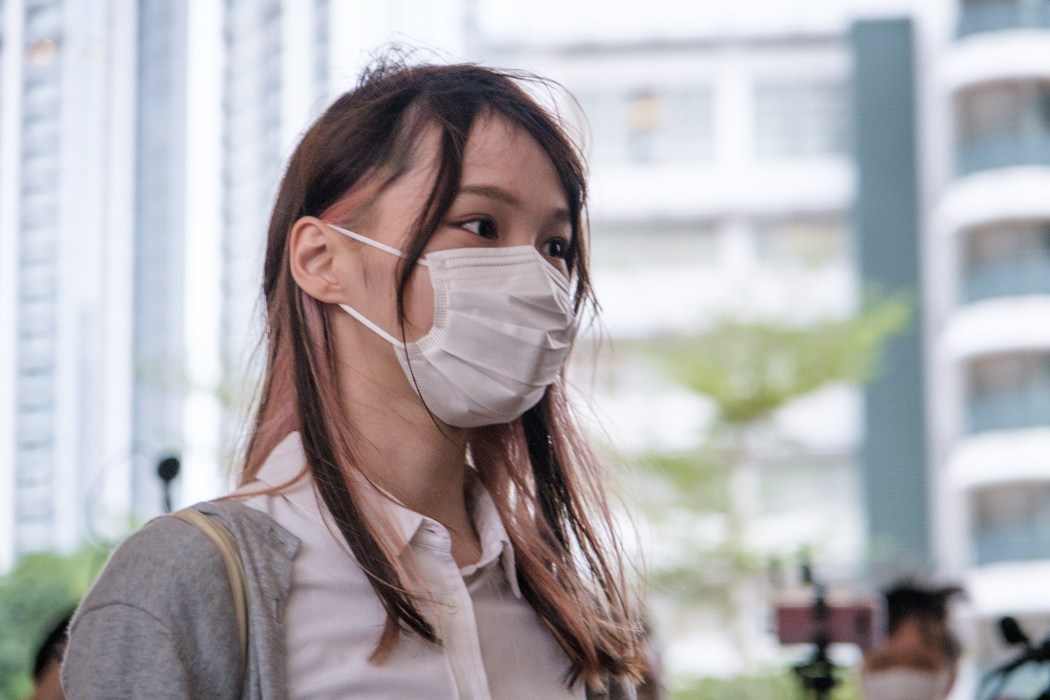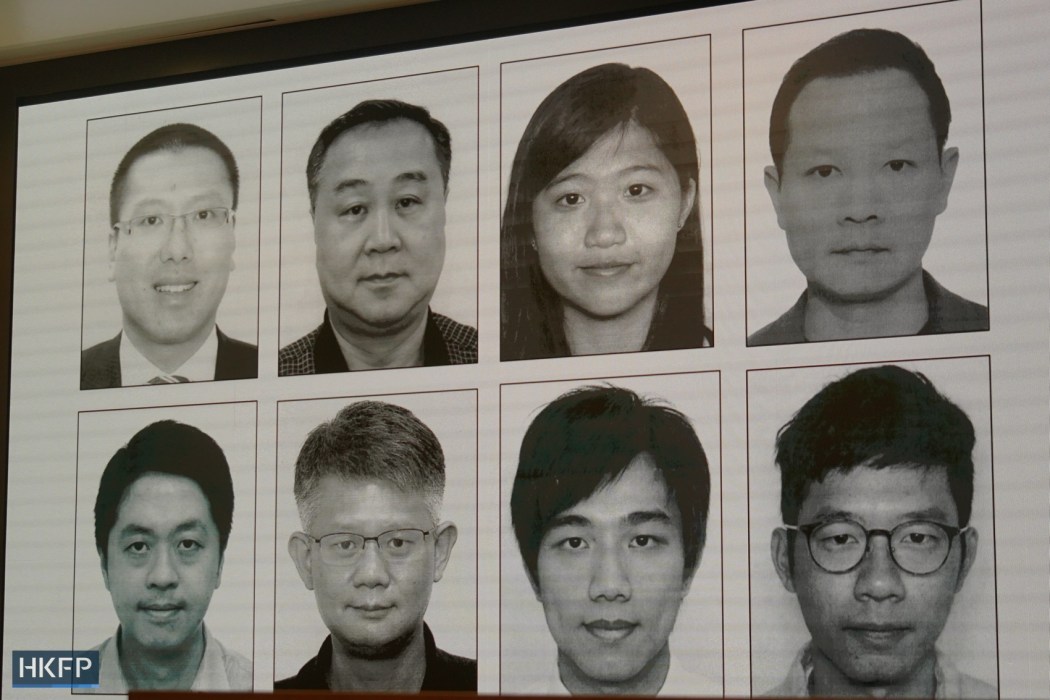Hong Kong pro-democracy activist Agnes Chow, who in December said she had moved to Canada and would not be returning to the city to meet her bail conditions, is wanted by the police.

Chow was due to report to the city’s police force on December 29, but earlier told a Japanese broadcaster she did not think she could ever return to Hong Kong.
Speaking during a police press briefing on Tuesday about the city’s crime rate for 2023, Andrew Kan, the deputy commissioner of the national security department, was asked by a reporter whether Chow was now officially wanted by police. Kan said fleeing from responsibility was “shameful.”
“No fugitive should harbour the illusion that they can leave Hong Kong and evade criminal responsibility,” Kan said in Cantonese. “Unless… Ms. Chow surrenders, she will be pursued for the rest of her life.”

Kan added that Chow was “completely devoid of integrity” and used “deceptive measures” to escape responsibility.
“People like this,” Kan said, had never reflected on their actions or how they had undermined national security. He urged such people to turn themselves in.
HKFP has reached out to the police for comment.
‘A road with no return’
One of the best-known faces of the city’s protest movements, Chow disappeared from the spotlight in June 2021 after serving a 10-month sentence over an unauthorised assembly in 2019.
Separately, she was arrested alongside pro-democracy media tycoon Jimmy Lai and others in August 2020 on suspicion of “collusion with external elements.” Chow was released without charge and granted bail, one of the conditions of which was that she hand her passport over to police.

In a social media post published last December, Chow said the police had returned her passport on the condition that she travel with five police officers to mainland China to learn about the country’s achievements.
A police statement issued soon after her post said: “[the woman] earlier disclosed to Police that she wished to study abroad and provided admission documents as a proof. Hence, NSD returned the travel documents to her and extended her bail until December.”
“The police urge the person concerned to pull back before it’s too late, instead of choosing a road with no return and bearing the identity of ‘fugitive’ for the rest of her life,” the statement continued.
National security police last year issued arrest warrants for 13 overseas Hong Kong activists, and placed HK$1 million dollar bounties on each of their heads, accusing them of violating the Beijing-imposed security law.

Beijing inserted national security legislation directly into Hong Kong’s mini-constitution in June 2020 following a year of pro-democracy protests and unrest. It criminalised subversion, secession, collusion with foreign forces and terrorist acts – broadly defined to include disruption to transport and other infrastructure. The move gave police sweeping new powers and led to hundreds of arrests amid new legal precedents, while dozens of civil society groups disappeared. The authorities say it restored stability and peace to the city, rejecting criticism from trade partners, the UN and NGOs.
Additional reporting: Mercedes Hutton
Support HKFP | Policies & Ethics | Error/typo? | Contact Us | Newsletter | Transparency & Annual Report | Apps
Help safeguard press freedom & keep HKFP free for all readers by supporting our team
























